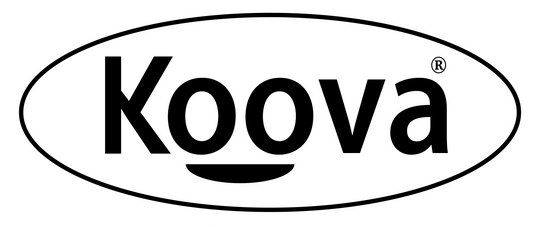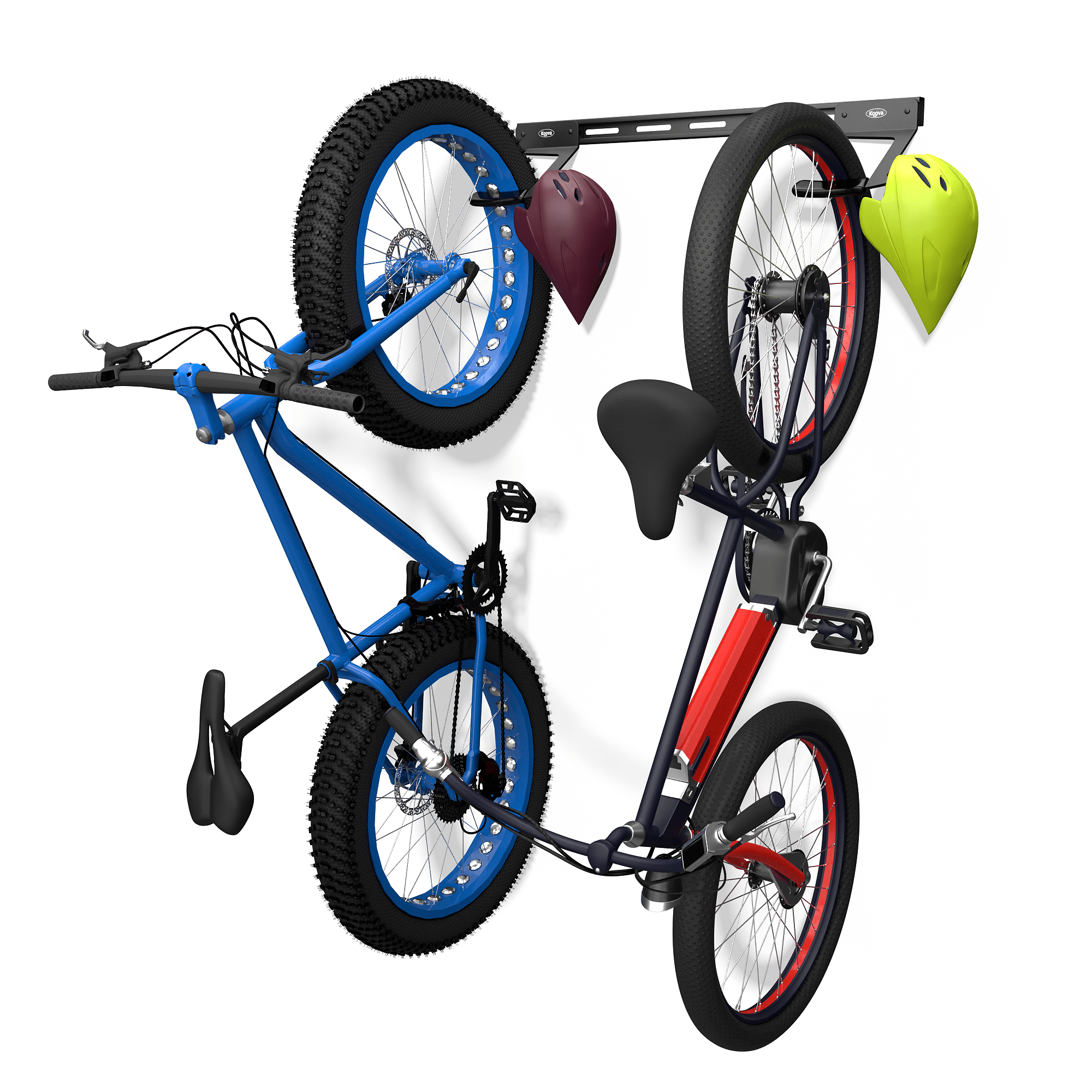Just as we looked at how you can apply the 5S principles to your life, let's also examine the seven "laws" of business waste and how you can use them to become a less wasteful individual.
What Are The Seven Laws of Waste?
These so-called "laws" are based on the principles of the Toyota Production System and is very much built on the principles of 5S. They refer to specific problems within the manufacturing process, and there are actually eight in total. However, the underutilized workers law cannot be easily applied to our daily lives.
They are as follows:
- Transportation
- Inventory
- Motion
- Waiting
- Over-Processing
- Overproduction
- Defects
So how can they help us reduce our waste?
1. Transport
This refers to the waste involved in transporting goods and products. When it comes to our own lives, we can eliminate waste by looking at our transportation with a critical eye. For instance, can you move closer to your office? Can you ride your bike instead of taking a car? Making these changes can eliminate the transport-related waste from our lives.
2. Inventory
In a business context, this refers to having just enough inventory, a cornerstone of the Just in Time (JIT) manufacturing principle. In typical everyday life, this is much simpler. We almost always have too much inventory or "stuff". Just a cursory glance around your home will unveil plenty of items you can immediately throw away. So spend time gathering personal possessions that have no value and throw them out!
3. Motion
This law refers to time wasted in motion looking for specific manufacturing tools etc. When applied to our daily lives, this is best described by the time we waste looking for things. Time is money, and the less time you spend looking for items, the better. Thus, make sure to invest in storage solutions to put everything in its place.
4. Waiting
This refers to idle time in a business setting, which should be avoided at all costs. In a personal context, this refers to activities such as sitting in traffic, achieving nothing. Therefore, think about how you can make that time useful. For instance, could you listen to a podcast that helps develop your business ideas, or could you listen to a CD that improves your Spanish skills?
5. Over-processing
Usually referred to as putting too much into developing a specific item, this trait is something most of us are guilty of at one point or another. Have you found yourself studying for an exam on a subject that you've already mastered? Rather than focusing on your weaknesses? Suffering for paralysis by analysis? Focus your energy on what needs to be improved, rather than wasting your time perfecting things in which you've already gained competence.
6. Overproduction
This is the concept of producing more and faster than is required. In a personal context, this means rather than putting too much into something (over-processing) you're investing in things "just in case" when in reality, you don't need to. The books you bought to learn more about your hobbies that you never read? Learning song lyrics, just because? That's overproduction and can be eliminated to free up your mind for more significant tasks.
7. Defects
This is the process of spending too many resources on trying to fix items that would be cheaper to disregard and buy new. This concept is easy to transfer over to our personal lives. How many times have we held on to broken (but fixable) items because we think we'll get round to mending them one day? Before you know it, you've got dozens of knick-knacks that fit that description. They all need to be thrown out and replaced, and you know it.
Achieve the Seven "Laws" of Business Waste to Your Life with Koova Products
Here at Koova, we are big believers in eliminating waste. We believe that by applying thee principles to your home, you'll never struggle with your current waste problem. We've designed a range of unique products to help you carry out many aspects of your home-based waste eliminations process. So why not take at our time and waste-saving storage solutions before you make a start?


